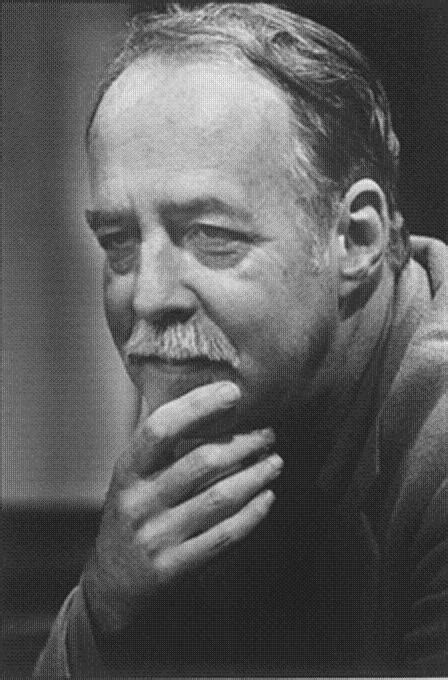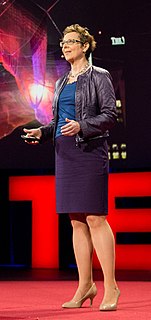A Quote by Adam Savage
I believe that rules do not make us moral; loving each other makes us moral.
Related Quotes
The primary function of poetry, as of all the arts, is to make us more aware of ourselves and the world around us. I do not know if such increased awareness makes us more moral or more efficient. I hope not. I think it makes us more human, and I am quite certain it makes us more difficult to deceive.
All these walls that keep us from loving each other as one family or one race - racism, religion, where we grew up, whatever, class, socioeconomic - what makes us be so selfish and prideful, what keeps us from wanting to help the next man, what makes us be so focused on a personal legacy as opposed to the entire legacy of a race.
Civil society rests on moral relationships. They are covenantal rather than contractual. They are brought about not by governments but by us a husbands and wives, parents, friends and citizens, and by the knowledge of what we do and what we are makes a difference to those around us. (...) Renewing society's resources of moral energy is the program, urgent but achievable.
Every day we make our way through a moral forest, along pathways ever branching. Often we get lost. When the array of paths before us is so perplexing that we can't make a choice, or won't, we can hope that we will be given a sign to guide us. A reliance on signs, however, can lead to the evasion of all moral obligations, and thus earn a terrible judgment.
The Christian faith, simply stated, reminds us that our fundamental problem is not moral; rather, our fundamental problem is spiritual. It is not just that we are immoral, but that a moral life alone cannot bridge what separates us from God. Herein lies the cardinal difference between the moralizing religions and Jesus' offer to us. Jesus does not offer to make bad people good but to make dead people alive.
Music is the universal language, it evokes an emotion in all of us. That, we can all look at each other and we may not speak the same language, but that song or that melody can make us feel the same thing. And we can look at each other and agree and be like, "that did something for us". It makes us feel unified and connected.
"Judge not, that ye be not judge"... is an abdication of moral responsibility: it is a moral blank check one gives to others in exchange for a moral blank check one expects for oneself. There is no escape from the fact that men have to make choices; so long as men have to make choices, there is no escape from moral values; so long as moral values are at stake, no moral neutrality is possible. To abstain from condemning a torturer, is to become an accesory to the torture and murder of his victims. The moral principle to adopt... is: "Judge, and be prepared to be judged."
[Prudence] is the virtue of that part of the intellect [the calculative] to which it belongs; and . . . our choice of actions will not be right without Prudence any more than without Moral Virtue, since, while Moral Virtue enables us to achieve the end, Prudence makes us adopt the right means to the end.
The flesh is what traps us, because no one has ever chosen his or her body to live in, has he? It's the flesh that makes us sick, that makes us old and that eventually ends up killing us. But at the same time, it's that glorious flesh that enables us to scratch heaven through sensuality, through passion. Paradoxically, the flesh that kills us will also make us feel eternal for a brief moment because that's what we are in passion, eternal - we abandon ourselves, we give ourselves to the other, so much that when we are loving passionately, death doesn't exist.



































